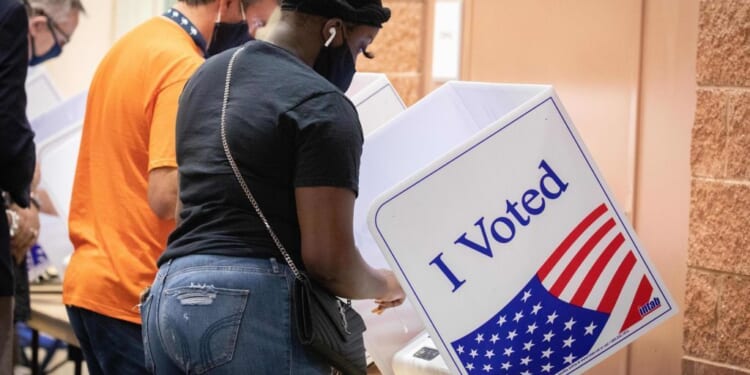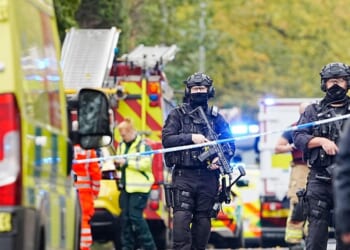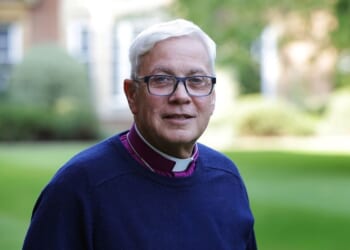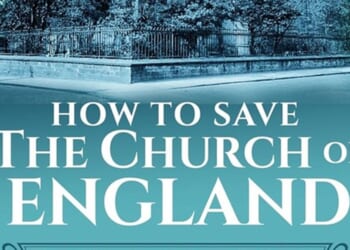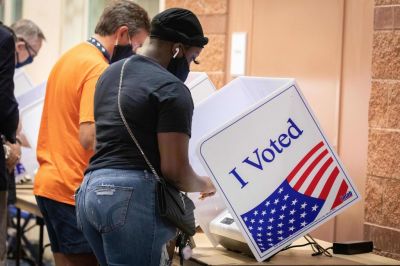
Thanksgiving is still a few weeks away, but retailers have already rolled out their Christmas campaigns — hoping to capture more shoppers and a few more dollars. So, I feel justified in drawing from a Christmas classic as we reflect on this week’s elections and what they might reveal about the future.
Pundits are already declaring the handwriting is on the wall for Republicans heading into next year’s midterms, as Democrats and socialists celebrated victories in several off-year races. Many on the Right are asking, “What went wrong?” But perhaps a more important question is, “What does it mean?”
In A Christmas Carol, Ebenezer Scrooge meets the final spirit — the Ghost of Christmas Yet to Come — and is terrified by the vision of his own lonely death. Realizing the horror of what he’s seeing, he pleads with the Spirit for hope as he asks the question that pierces through time:
“Are these the shadows of things that Will be, or are they shadows of things that May be only?”
That is one of the most profound moments in Dickens’s story, and it captures the central moral truth — that the future is not fixed. Repentance and moral renewal can alter destiny.
Tuesday’s election results may be shadows of things to come, but they don’t have to be.
This year’s exit polling was conducted jointly by all the legacy media networks. We were told that such collaboration would ensure reliability and confidence in the results — I’m not sure I buy that one. A CNN report practically glowed with satisfaction, noting that voter frustration had fueled a “sweep of Democratic victories” and signaled growing disapproval of the second Trump presidency.
But what was most revealing was not what voters said — it was what they were asked or should I say not asked. For the most part, gone were the questions about the nation’s moral condition or about values that once anchored the American conscience. Voters were asked which issue was most important: immigration, crime, the economy, health care, or taxes. Guess what? The economic matters prevailed: taxes and the economy.
So, putting the exit polling aside, what are we to make of the election results? I don’t think the results should be dismissed as statistical noise. They fit a pattern that’s been unfolding for decades — deep discontent that produces sharp political swings but little true change.
There is an underlying problem that politics and elections cannot fix. Proverbs 28:2 declares, “Because of the transgression of a land, many are its princes.” When a nation loses its moral and spiritual footing, instability becomes its norm — leaders rise and fall, but unrest remains.
Perhaps that’s why the media avoids moral questions. Genuine introspection might lead us, like Scrooge, to confront our own need to turn from the path we’ve been on and seek the better way.
The real question for America is not which party wins elections, but whether America will turn back to God, embracing righteousness over the pursuit and promise of riches, before the shadows become reality.
Are these the shadows of things that will be, or only the shadows of things that may be?
Tony Perkins is president of Family Research Council and executive editor of The Washington Stand.

